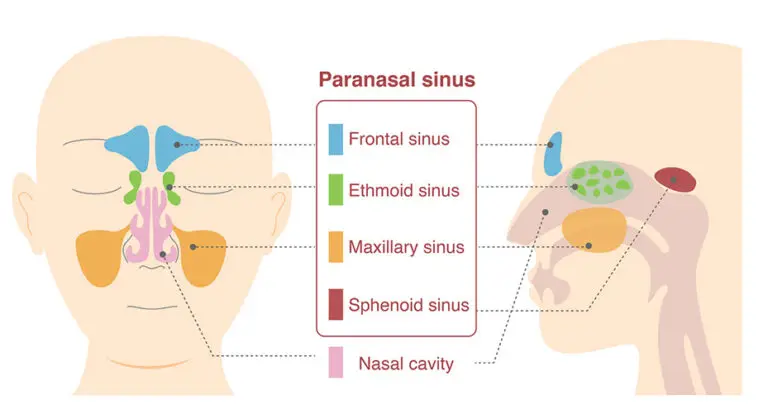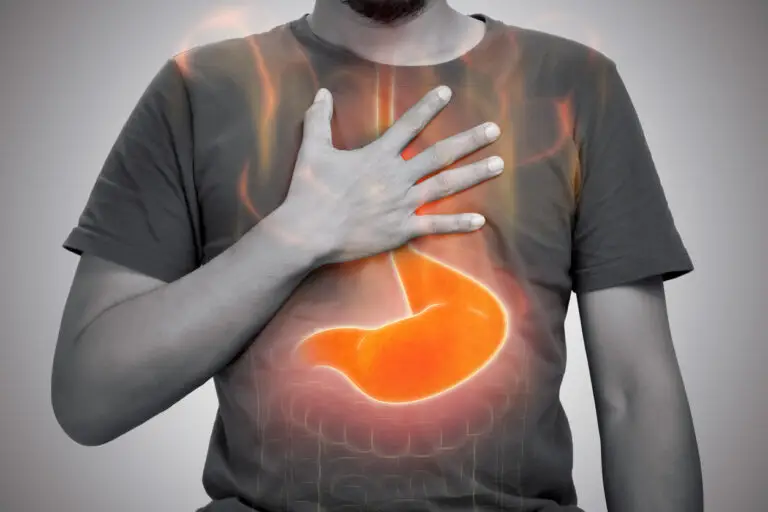One of the most challenging, albeit rewarding, additional duties I held during my Army career was as a Casualty Assistance Officer. As a Casualty Assistance Officer, it was my job to help the surviving family members begin to put the pieces back together after losing their loved ones. I helped with funeral arrangements, arranged childcare, drove the spouse to appointments, whatever I could do to help lighten the load and show care and compassion.
A significant part of my job as a Casualty Assistance Officer was to guide the surviving spouse through the process of applying for benefits that were due either from the military, the Department of Veterans Affairs, or other federal and state agencies. There are many benefits for the veteran’s surviving spouse and children but applying for them can be complicated. Even with the training I received before the assignment, it could feel a little overwhelming.
Are you a surviving spouse or child of a military veteran who’s wondering if there are benefits out there for you? Here are a few of the major programs available to surviving families.
VA Survivor Benefits
VA Survivors Pension
VA Survivors pension is a monthly benefit paid by the Department of Veterans Affairs to surviving spouses and unmarried children up to age 23. This benefit helps to ease the financial burden on veteran families. Eligibility for this benefit is subject to net worth limits. The net worth limit is $138,489, and these limits can change yearly.
If awarded VA Survivors Pension, the benefit amount is determined by subtracting your total income from the Maximum Annual Pension Rate (MAPR). For example, if your MAPR is $16,500 and your annual income is $10,000, you will be paid $6,500 in VA Survivors Pension benefits for the year. You can apply for VA Survivors Pension online, through the mail, or in person at the closest VA Regional Office.
Aid and Attendance or Housebound Benefits
Some recipients of Survivors Pension will also be entitled to VA Aid and Attendance benefits or Housebound benefits. These benefits are designated for those survivors who need help with daily activities from a caregiver or are nursing home patients. You can’t receive both VA Aid and Attendance benefits and Housebound benefits at the same time. You will qualify for one or the other in addition to the Survivors Pension.
VA Dependency and Indemnity Compensation (DIC)
Another monthly benefit you may be entitled to receive is VA Dependency and Indemnity Compensation, a monthly benefit paid to surviving spouses and unmarried children. The service member must have been on active duty, annual training, or inactive duty training when they died or died from a service-connected disability for the survivors to qualify for DIC. You can apply for DIC online, through the mail, or in person at your local VA office.
CHAMPVA Health Care
The VA offers a cost-sharing health care program called CHAMPVA for surviving spouses and children when the veteran dies due to a service-connected disability or had a 100% disability rating before they died. The program is available for survivors who do not qualify for health coverage under TRICARE. CHAMPVA covers medical services and supplies received from authorized providers. Many services are covered, including ambulance transportation, outpatient procedures, mental health services, prescription drugs, skilled nursing, and more.
To apply for the benefit, you’ll need to have the veteran’s DD214, VA disability rating letter, and the application VA Form 10-10d. If you are enrolling children, you’ll need to include their birth certificate and proof of school enrollment for children ages 18-23.
Find out more about the application process on the CHAMPVA Benefits page.
Education Benefits
Spouses and children of deceased veterans may be entitled to education benefits through several programs. If the veteran died while on active duty or due to a service-connected disability, their survivors may qualify for GI Bill benefits under Chapter 35 of the program. If neither of those circumstances is true, survivors might still be eligible for education benefits if the veteran transferred them through the Post 9/11 GI Bill program.
Two more programs offered to survivors of veterans who either died on active duty after September 11, 2001 or as a result of a service-connect disability are The Marine Gunnery Sergeant John David Fry Scholarship and The Survivors’ and Dependents’ Educational Assistance Program. Both programs are available to spouses and children. You can only receive one benefit, even though you might qualify for both. Once you choose which benefit you’ll use, you can’t change programs. Tuition, books, and fees are paid by both programs, although there are differences in amounts and how they are paid.
Review the different VA educational benefit programs to determine which you are eligible for and contact the VA for help applying.
Burial Benefits
The Veterans Burial Allowance helps to pay costs related to burial services for the veteran including transportation, funeral, and burial services. The veteran must have died from a service-connected disability, while receiving VA care, or have been receiving VA compensation to qualify.
The surviving spouse will automatically receive this allotment providing the veteran has the spouse listed in their VA profile. Relationships, other than the spouse, that can apply for burial benefits are the veteran’s children, parents, partner of legal union, or the executor of the estate. Benefits must be applied for within two years of a non-service connected death, but there is no time limit on application time for a service connected death.
DoD Survivor Benefits
TRICARE Health Care
Most surviving spouses and children are eligible for health care coverage through TRICARE. If the servicemember died on active duty or the veteran was retired from service, their spouses and children are eligible for one of TRICARE’s health care plans.
If the deceased servicemember died on active duty, the family is covered under the active duty family member benefits (ADFM) as a transitional survivor for three years. After those three years is over, spouses remain eligible but under retiree rates. Child health care coverage does not change after three years and remains the same until they lose eligibility due to age.
When a retired veteran dies, the surviving spouse and children keep their eligibility at the retired rate. In all cases, spouses maintain eligibility unless they remarry, and children lose eligibility when they reach the maximum coverage age. Visit the TRICARE website to learn more about TRICARE eligibility for surviving family members, visit the TRICARE website.
Survivors Benefit Program (SBP)
Retired veterans’ spouses and children may also be entitled to monthly payments through the Survivors Benefit Program (SBP). This DoD-funded program pays an annuity to spouses of retired veterans when they die if they’ve elected coverage under SBP when they are out-processed from the military. Think of it as a replacement for retired pay, which will stop when the military retiree passes away. Veterans pay a monthly premium for SBP coverage, and the government shares a portion of that cost.
What’s the difference between SBP and life insurance? You’ll receive monthly SBP payments, just as you would be receiving military retirement pay, for the rest of your life. And SBP protects against inflation with a yearly cost of living increase.
To find out if you are entitled to SBP annuity payments and learn more about applying, visit the DFAS website.
Benefits from other Agencies
In addition to the benefits provided by the DoD and the VA, benefits may be available from the state and local governments. It’s a good idea to check in with your County Veterans Affairs office to find out which local programs could help your family.
There are also several Veterans Service Organizations such as the VFW, American Legion, and Disabled American Veterans (DAV) who provide benefits to veteran family members. Connect with these organizations to see if you qualify for any programs or get involved in the military veteran community.
Where to Get Help
As you can see, there is a lot of information to sift through and many programs available to family members of veterans who have passed away. It can be difficult to navigate them all, especially during grief and transition. Getting help from a local agency can make the process much more manageable.
The VA Office of Survivor Assistance was created to be a resource for survivors, connecting you with programs within the VA and outside of the VA network. A representative will help you determine which of the many programs you or your children will qualify to receive. They can also connect you with grief counseling, financial counseling, or other services you might need at this time. You can reach the VA Office of Survivor Assistance at their website or by calling 1-800-827-1000
Also, as mentioned above, the Veteran Service Organizations are a great resource to military family members. Search for your local VFW, American Legion, or DAV and reach out to them for assistance. Each organization has a representative designated to help veterans and family members with benefits, and they have years of experience in the field.
Finally, you can reach out to any organization whose goal is to help military veterans or their families. The military community is always ready to help one of their own. If the person you contact doesn’t have the answer, more often than not, they’ll find it for you. The bottom line is – reach out for help. There are programs to help ease the burden of this challenging time, and you don’t have to go through it alone.



